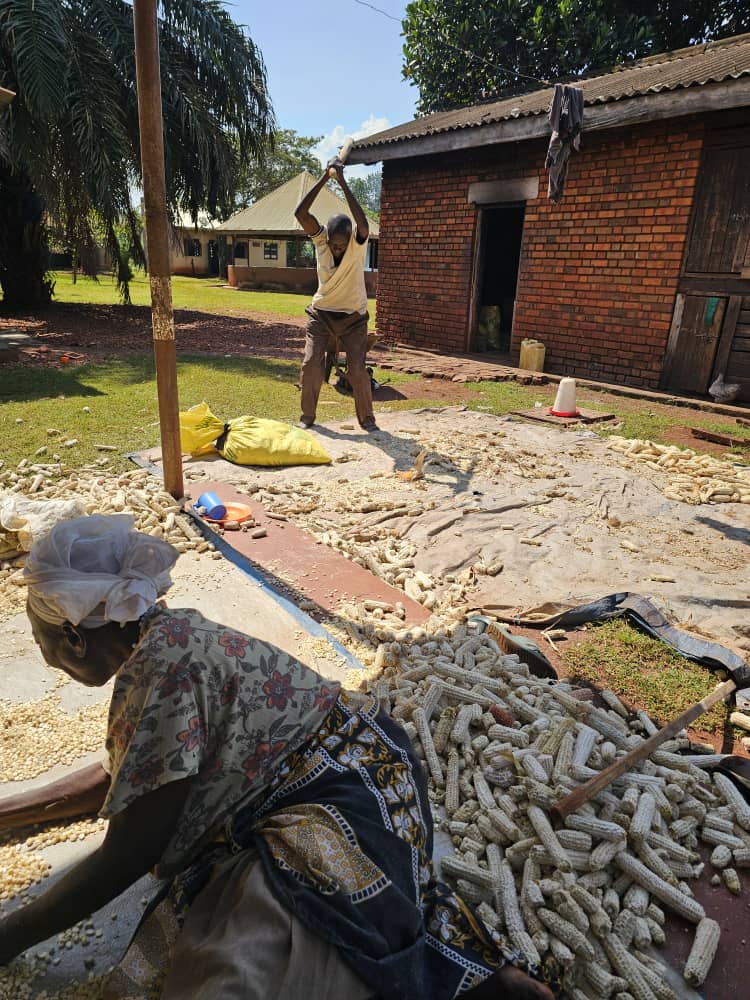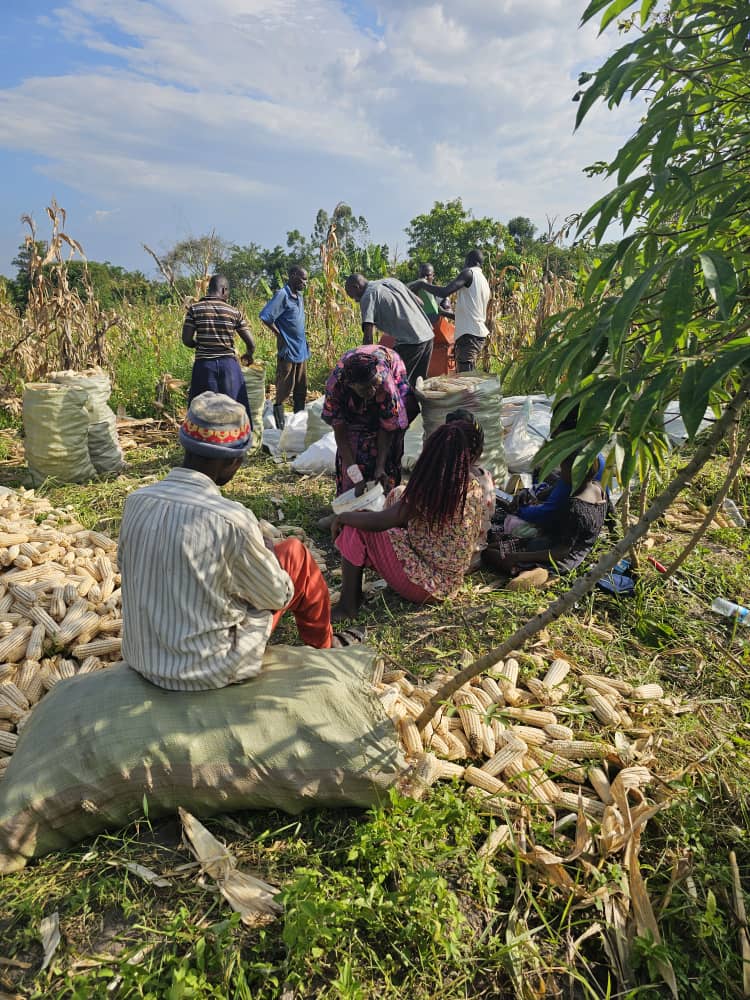Farming


Farming
Farming Program at Jinja Home for the Elderly and Needy Persons
The Farming Program is designed to promote self-sustainability by growing food that directly supports the nutrition and well-being of the elderly and needy individuals at the home. This initiative ensures food security, reduces dependency on external food donations, and provides an opportunity for physical activity and community engagement.
Key Focus Areas:
Growing Nutritious Food for Consumption
- Cultivating a variety of crops such as maize, beans, sweet potatoes, cassava, bananas, and vegetables (e.g., spinach, kale, tomatoes, onions).
- Planting fruit trees like mangoes, oranges, and avocados to provide essential vitamins.
- Growing herbs and medicinal plants that can support health and well-being.
Livestock & Poultry Farming
- Rearing chickens, goats, and cows to provide eggs, milk, and meat for improved nutrition.
- Training the elderly and caregivers on basic animal husbandry practices.
Sustainable & Organic Farming Practices
- Using organic fertilizers (compost and manure) to improve soil fertility.
- Practicing water conservation techniques such as rainwater harvesting and irrigation.
- Implementing crop rotation and intercropping to maximize productivity.
Engaging the Elderly in Farming Activities
- Encouraging those who are physically able to participate in light farming activities, keeping them active and engaged.
- Providing raised garden beds for those with mobility challenges.
Food Security & Economic Sustainability
- Ensuring a continuous food supply to reduce costs and improve dietary diversity.
- Selling surplus produce to generate income for other needs within the home.
- Partnering with local agricultural organizations and government programs for support and training.

We seek out world changers and difference makers around the globe, and equip them to fulfill their unique purpose.
Quick Links
- Home
- About Us
- What We Do
- Contacts
Contacts
Tel: +256 752 869 600
Email: info@Jinjahomeforelderly.org
Copyright © 2025, Jinja Home for the Elderly and Needy Person.